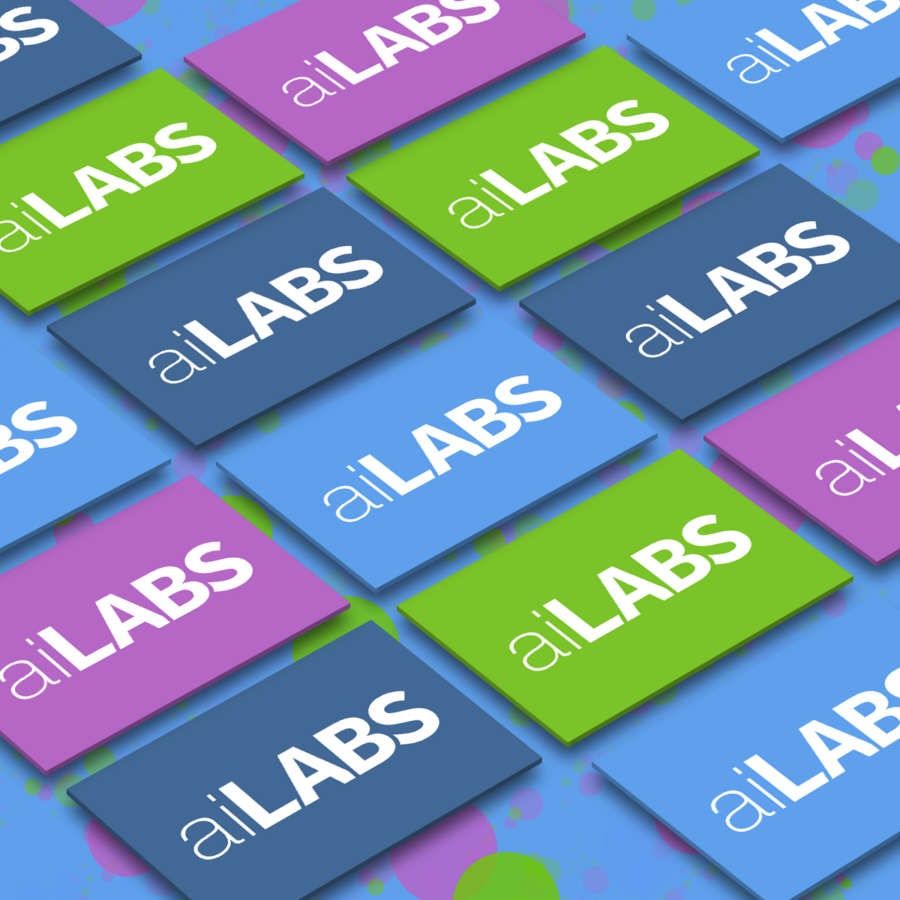What is this hackathon you speak of?
I’m glad you asked! Hackathons can have different names or definitions depending on where they’re happening. Lots of companies have events where their employees get free rein to be creative and work on something of their choice.
Google has (or at least “had”) its 20% time, SciMed Solutions has its Hack Days, Thoughtbot has its investment time, and we here at Automated Insights have our hackathons!
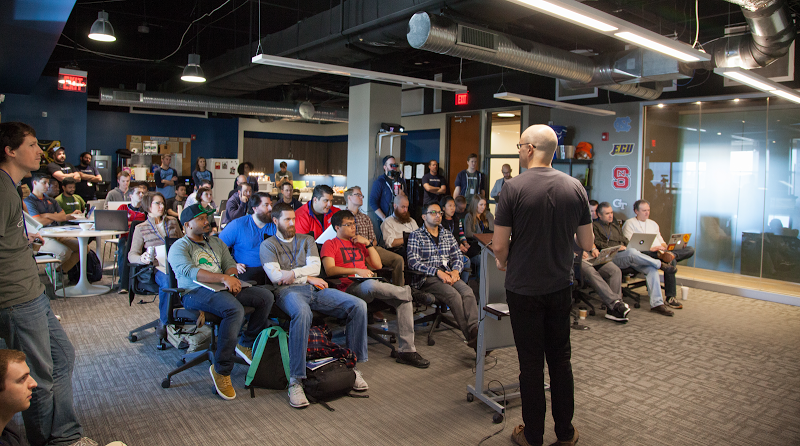
At Ai, our hackathons go a little something like this: There’s usually a theme, such as making an integration between Amazon’s Alexa and Wordsmith, or coming up with a new feature for Wordsmith. Basically the entire company takes a day or two to form small teams (or work solo) and try to come up with the best new feature or coolest project that uses Wordsmith.
This is everyone’s chance to try something big and innovative; failure sometimes happens (which is fine), but some ‘uge successes have come out of these events!
Are there any negatives?
Alas, you can’t make an omelet without breaking a few eggs. There are a few costs of hackathons to the company, the main ones being a productivity hit (a day or two of each person’s time), and also the cost of providing dinner (and sometimes lunch!) for everyone who sticks around late to work on their project.
A recent survey, conducted by yours truly, revealed that some people feel a bit stressed as the deadline looms and folks scramble to put the finishing touches on their speedily-made masterpieces, in the hopes of winning that ever-evasive first place.
The good thing is, even if your team doesn’t win it all, you still built something that might be useful down the road, so losing shouldn’t be too demoralizing for anyone.
My survey also revealed a grievance that hackathons “make time all wonky,” probably since people get so into their projects that they lose track of time.
What are the benefits?
There are many pros of having these competitions, such as fostering teamwork. You’re encouraged to work with co-workers that you don’t often work with, which can lead to new ideas and “synergy,” as “they” say in today’s dog-eat-dog business world.
One added benefit is that, with everyone trying off-the-wall stuff with Wordsmith, we get a lot of QA! It’s always a good idea to test and use your product so you can put yourself in the shoes of your customers, and hackathons give you a terrific opportunity to do so.
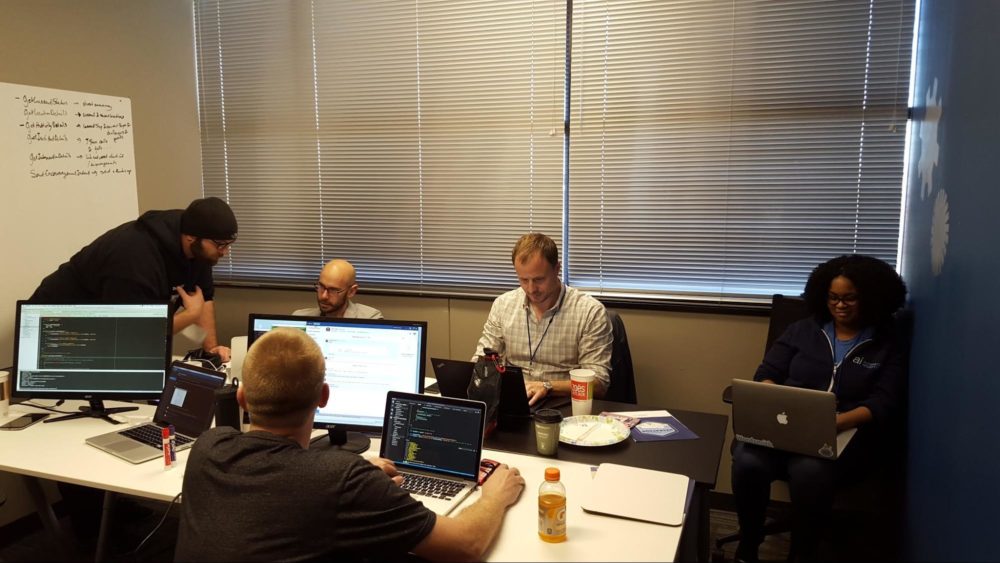
Also, you get to explore a new technology. Some recent examples include Alexa skills, Google Apps Script, Unity (to make a 3D video game with Wordsmith controlling the narrative), and ReactJS (Facebook’s JavaScript library). If you can find a language or technology you want to check out, hackathons are your chance!
Some great improvements to Wordsmith have come out of hackathons, such as template resurrection (a much easier system to “resurrect” dead or mistakenly deleted templates), the ability to have “Date” data variables, the Wordsmith-Sheets integration, and “Functions for WS,” which basically lets you do anything within Wordsmith (not open to the public… yet).
Finding new uses for Wordsmith and stretching its capabilities has been really enjoyable. Omnitracs‘ Amazon Echo project let trucking managers ask Alexa how a given driver was doing, and even call or text that driver – just by using their voice! There was also the distinguished automated ping pong announcer mentioned in “The Automated Future of Journalism.” Additionally, there was a beautiful children’s web-book that could be personalized to your child, all powered by Wordsmith (and Flickr).
Finally, hackathons are just plain fun, and boost the morale of everyone involved. Lots of people in the survey said that hackathons are one of their favorite parts of working at Ai; after the recent Amazon-Wordsmith Hackathon, everyone who’d taken part was very pumped about it and brimming with ideas on future projects they could do.
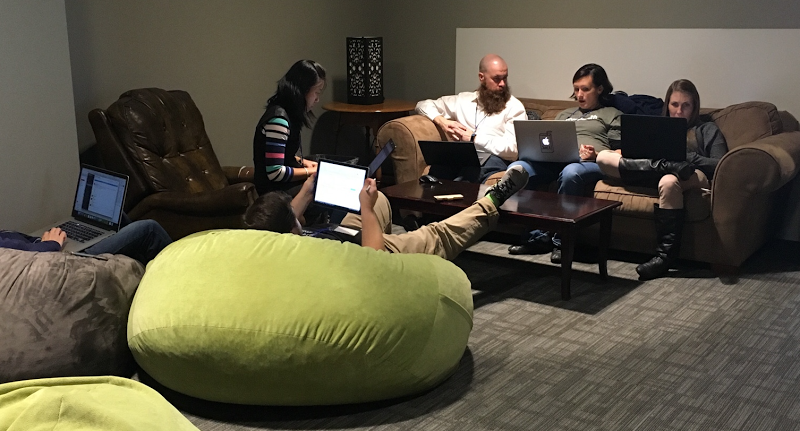
Final thoughts
Basically, I believe the pros of hackathons outweigh the cons by a lot. In fact, when asked about the negatives of hackathons, the only thing someone could think of was “Too awesome?”
People here look forward to these events, enjoy working on them, and then get to see the presentations for each project. The actual hackathons are chockful of ideating, designing, building, testing, eating, drinking, and fun.
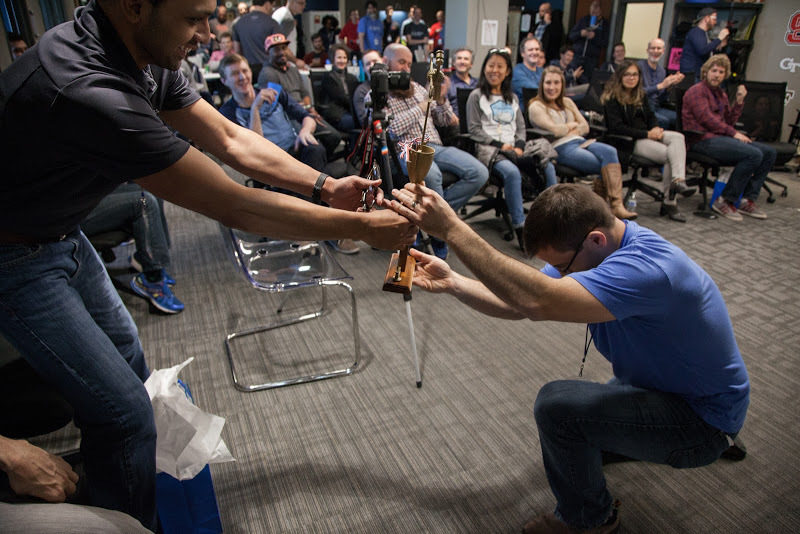
It’s basically all of the fun and energy of Triangle Startup Weekend (where I once took home the bronze), except you’re getting paid and your idea has a lot better chance of making it to the big time!
If you’re not already doing hackathons at your work, you might want to take a gander at this post about how to run a successful hackathon. Either that, or apply at our web-site on the information superhighway. Feel free to zing me an email with any Ai questions you might have!

